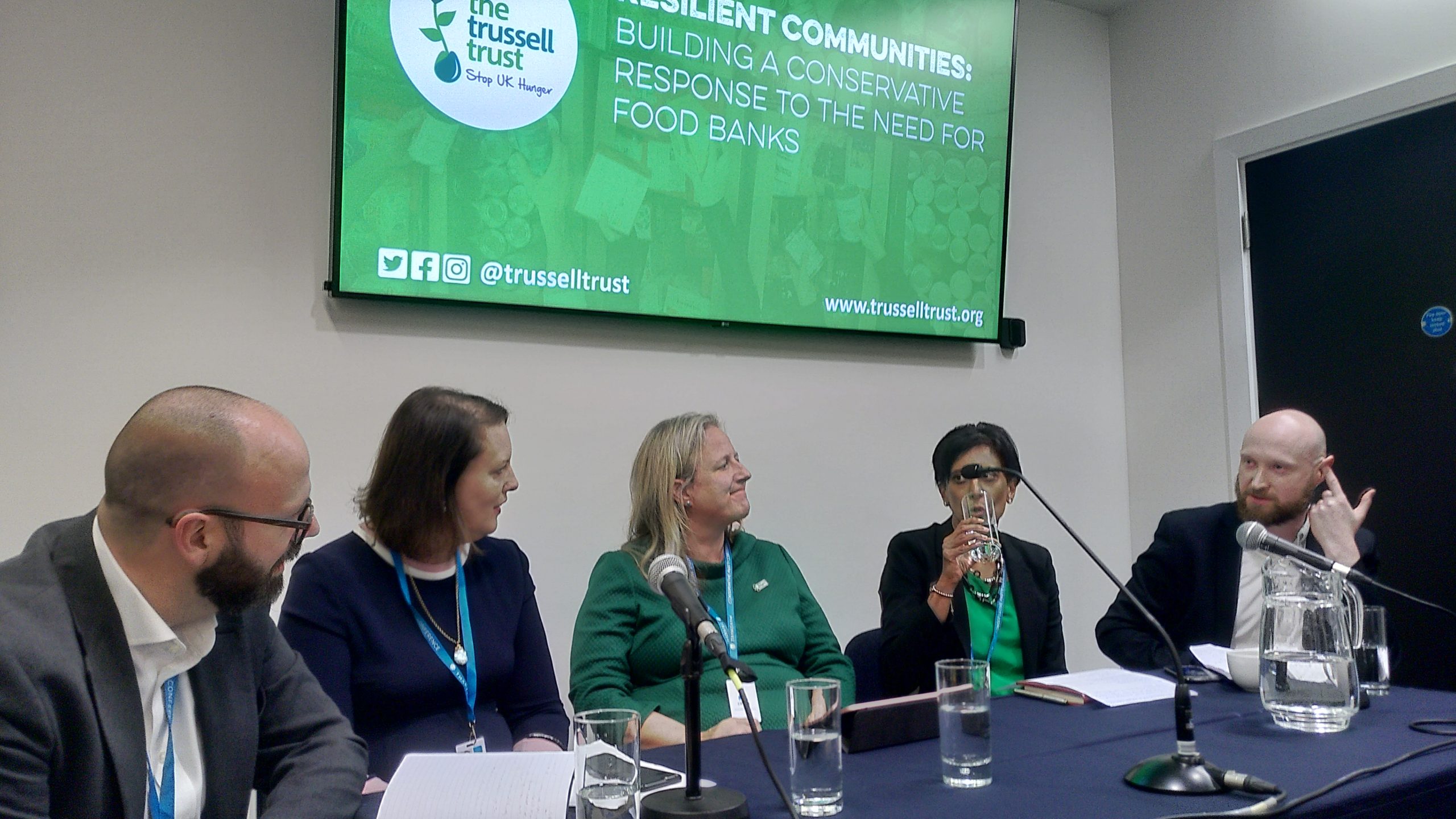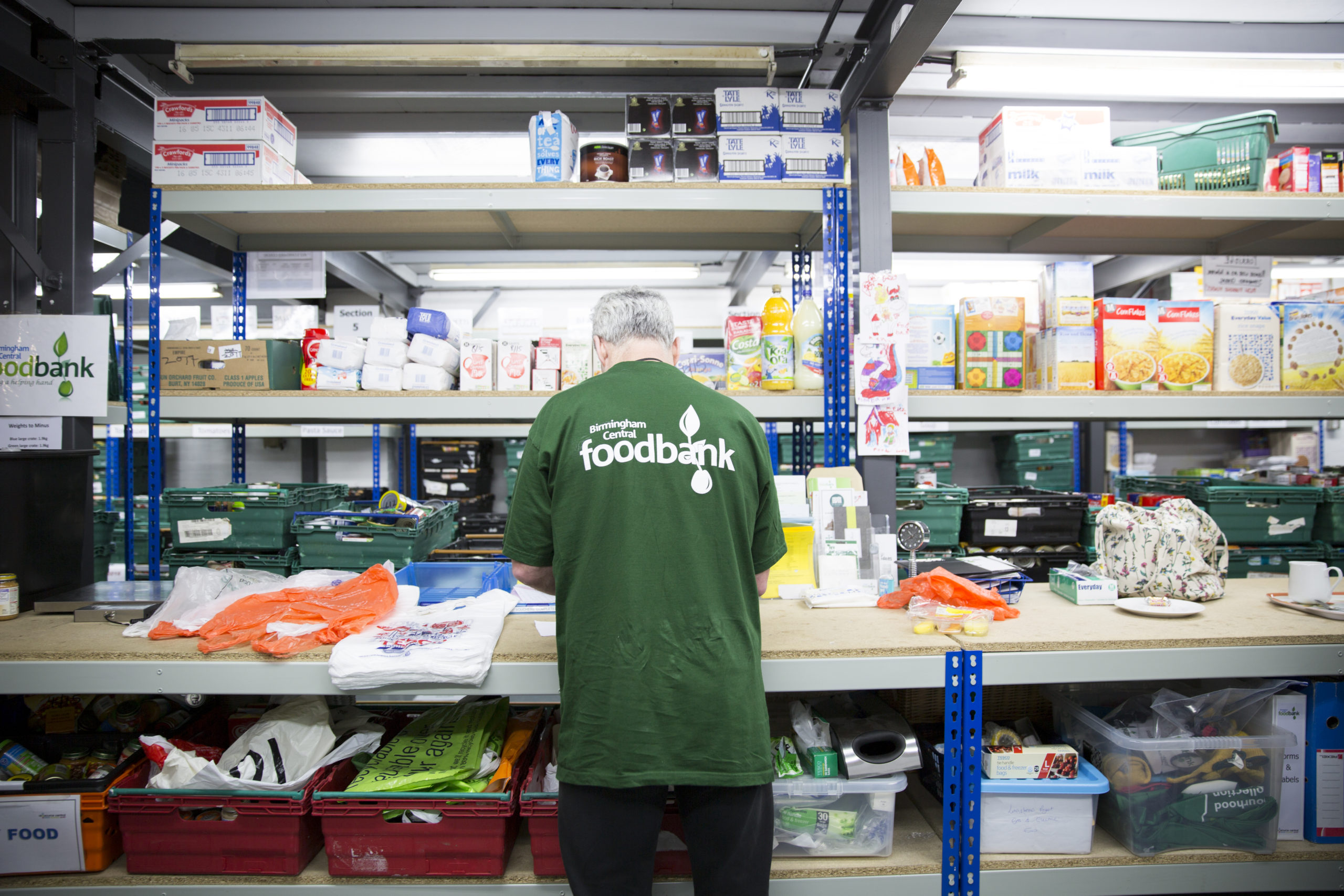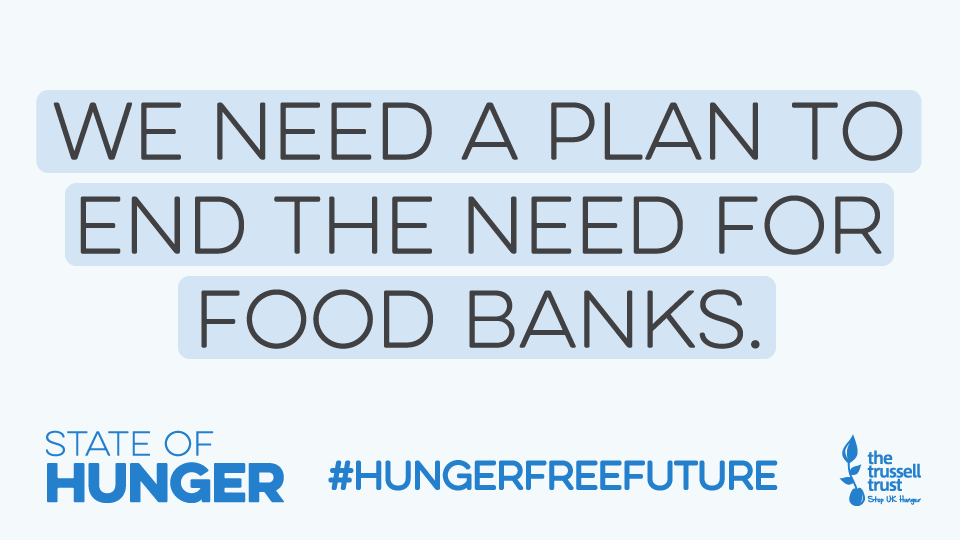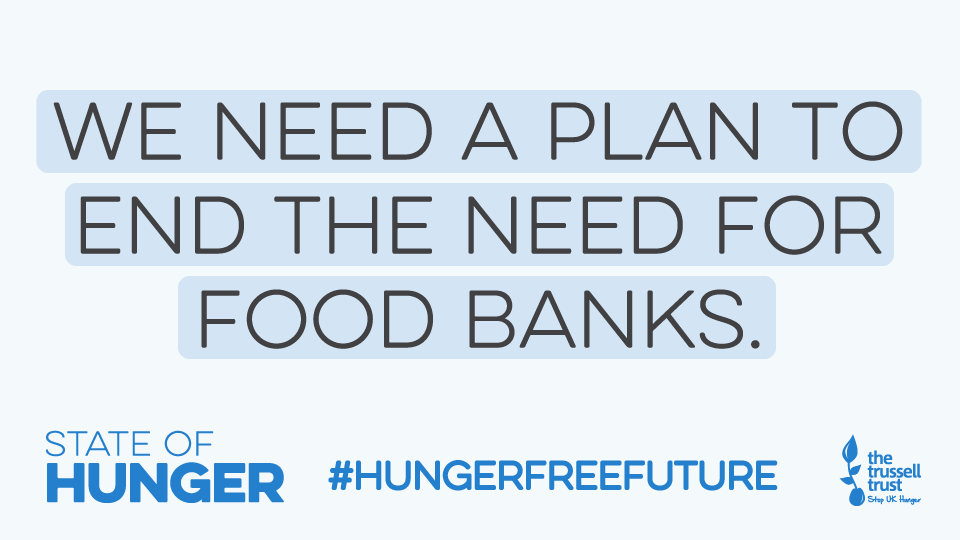By Sumi Rabindrakumar, Head of Policy and Research
Over a million people fear they will be forced to skip meals and switch off their heating this winter if the UK government goes ahead with its plan to cut Universal Credit payments by £20 a week next month.
That’s one of the many alarming figures coming from the Trussell Trust’s new findings based on YouGov polling. These findings are the latest in escalating concerns from all quarters – MPs across the political parties, national governments across the UK, doctors, frontline workers, and – of course – Universal Credit claimants. Wave after wave of letters, research, and lived experience all point to the same conclusion: the cut to Universal Credit will be a devastating blow for the millions of households struggling to make ends meet.
Today’s new data lays bare the full impact of the impending cut. Faced with a cut of £20 a week, 1.2 million people (20%) claiming Universal Credit say they will very likely need to skip meals and 1.3 million (21%) say they will very likely be unable to afford to heat their homes this winter. Nearly a million (900,000, 15%) say they are very likely to need to use a food bank as a result of the cut.
These worries are being felt by people across the UK, in all nations, and all regions. If the UK government is serious about its intention that ‘as far as possible everyone everywhere feels the benefits’ of recovery, No. 10 and No. 11 Downing Street should be worried too.
It is worrying that constituents in regions targeted for the government’s ‘levelling up’ agenda are especially likely to fear they will struggle to meet their basic needs. In the North East of England, for example, people are nearly twice as likely to fear they won’t be able to heat their homes this winter compared with the average UC claimant in the UK (30% vs. 21%). They are a third more likely than average to fear they will need to use a food bank (20% vs. 15%) and skip meals (28% vs 20%) if the cut goes ahead.
It is worrying that a mere one in five people from today’s polling believe our social security system provides enough support to people with physical or mental health conditions, days after the government launches its health and disability green paper exploring “how the welfare system can better meet the needs of disabled people and people with health conditions”.
It is worrying that – as the government attempts to set out a jobs-led recovery – the cut will mostly affect working people, and today’s poll shows nearly a million (900,000, 15%) people say they are very likely to not have enough money to travel to work or essential appointments by public transport if the cut goes ahead.
As the record numbers of emergency food parcels provided by food banks in the Trussell Trust network and beyond show, families across the UK are already caught in impossible situations. Today’s polling shows that over three-quarters (77%) of current Universal Credit claimants are struggling to keep up with bills and credit commitments. Well over a million have cut back on food for at least a day (1.9 million, 32%) and gone without basic toiletries (1.4 million, 23%) because they couldn’t afford them in the last 30 days. Imposing the biggest overnight cut to the basic rate of social security since World War II risks pulling families with precarious finances further under.
This isn’t right – and it doesn’t have to be like this. We do not need to inflict immediate hardship on people already struggling to stay afloat. We do not need to push more families through the doors of food banks. If we are to ‘build back better’, we all need the security and stability of a strong lifeline – because, as the pandemic has shown, life is full of things for which we cannot plan.
The UK public knows this – today’s findings show that, even including the undecided, a majority supports making the increase permanent. People are twice as likely to support keeping the increase than oppose it. It is clear: our social security system must at the very least provide people on low incomes with enough money to cover the essentials in life – like food and heating. The UK government must keep the lifeline this October.
We are four weeks away from Universal Credit being cut – we need your help now. Email your MP to support the #KeepTheLifeline campaign, and ask them to tell the Prime Minister and the Chancellor to keep the £20 increase to Universal Credit and extend it to people receiving ‘legacy’ benefits.
Read more





